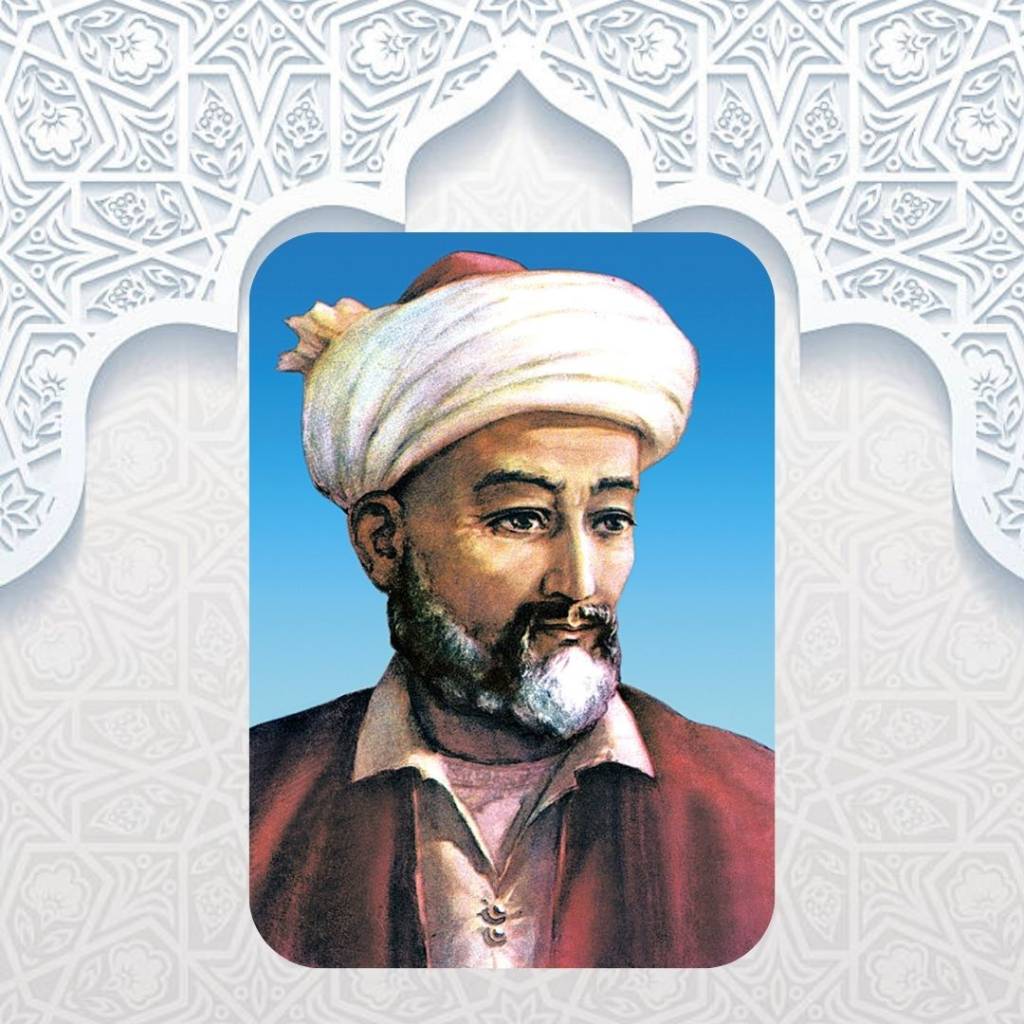
The outstanding Uzbek poet and enlightener Nizamiddin Mir Alisher Navoi was born on February 9, 1441.
This year, the 583rd anniversary of his birth is celebrated. The works of the great thinker have not lost their relevance today.
The preserved literary legacy of Navoi is extensive and multifaceted – about 30 collections of poems, scientific works, and poetic treatises that fully reveal the spiritual life of Central Asia at the end of the 15th century. During the years of independence, a complete collection of his works was published in Uzbekistan in 20 volumes.
The pinnacle of A. Navoi’s creativity is considered to be the famous “Khamsa” (“Quinary”) – a collection of five poems: “The Confusion of the Righteous”, “Leyli and Majnun”, “Farhad and Shirin”, “Seven Planets”, “Iskander’s Wall”, based on folk epic. This monumental epic cycle is considered an invaluable example of Uzbek classical and world literature.
Evidence that this great son of the Uzbek people is deeply revered in our country is the naming of the National Library of Uzbekistan, the State Academic Grand Opera and Ballet Theater, the Tashkent State University of Uzbek Language and Literature, the Museum of Literature, the leading industrial center – the city of Navoi, the station metro, streets, and residential areas after him. The walls of the metro station are decorated with a bas-relief of the poet and panels with scenes from “Khamsa”.
In countries near and far abroad, monuments were erected over the years as a sign of respect to the memory of Navoi and recognition of the significance of his spiritual heritage. In particular, in Kyrgyzstan (Osh, 1986), Russia (Moscow, 2004), Japan (Tokyo, 2004), United States (Washington, 2007), Azerbaijan (Baku, 2008), China (Shanghai, 2017), Tajikistan (Dushanbe, 2018), Belarus (Minsk, 2019) and Kazakhstan (Astana, 2022).
Alisher Navoi is a source of inspiration for everyone who strives for a deep understanding of art and culture, looking for harmony between tradition and modernity, national and universal. His work continues to serve as a bridge connecting past and present, strengthening the friendship of people and expanding the horizons of our understanding.
Aziza Alimova, UzA








